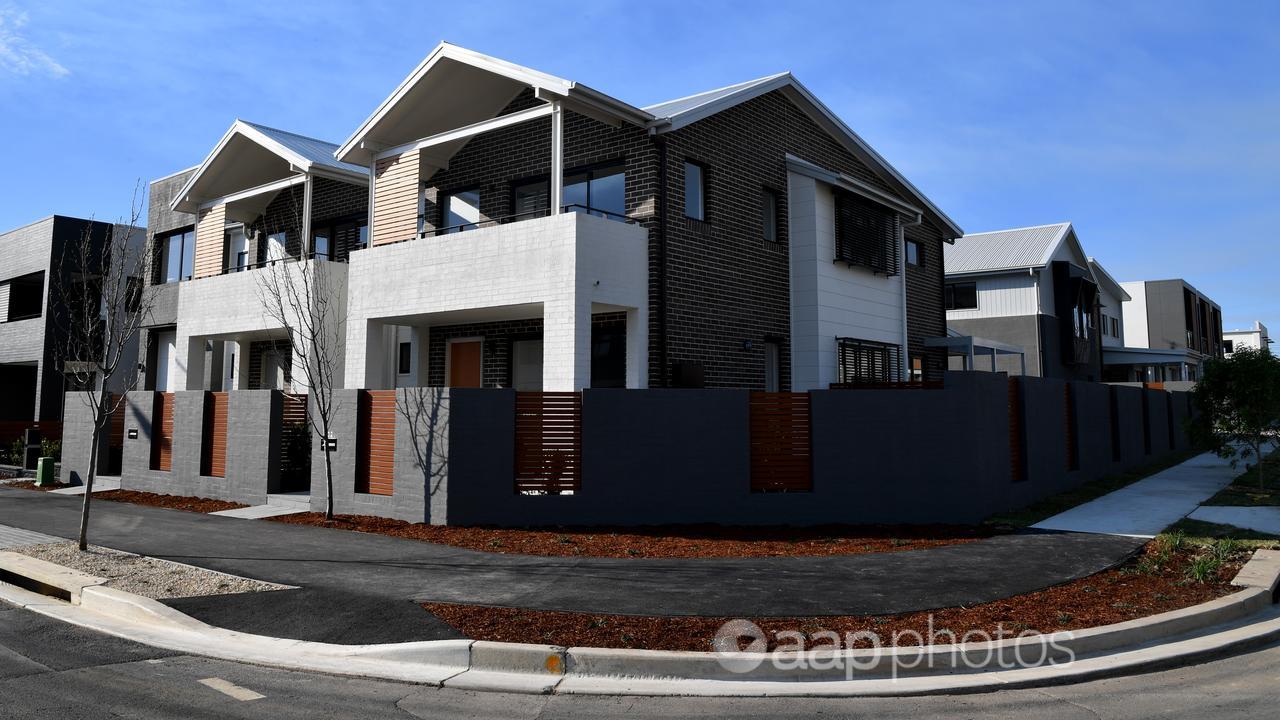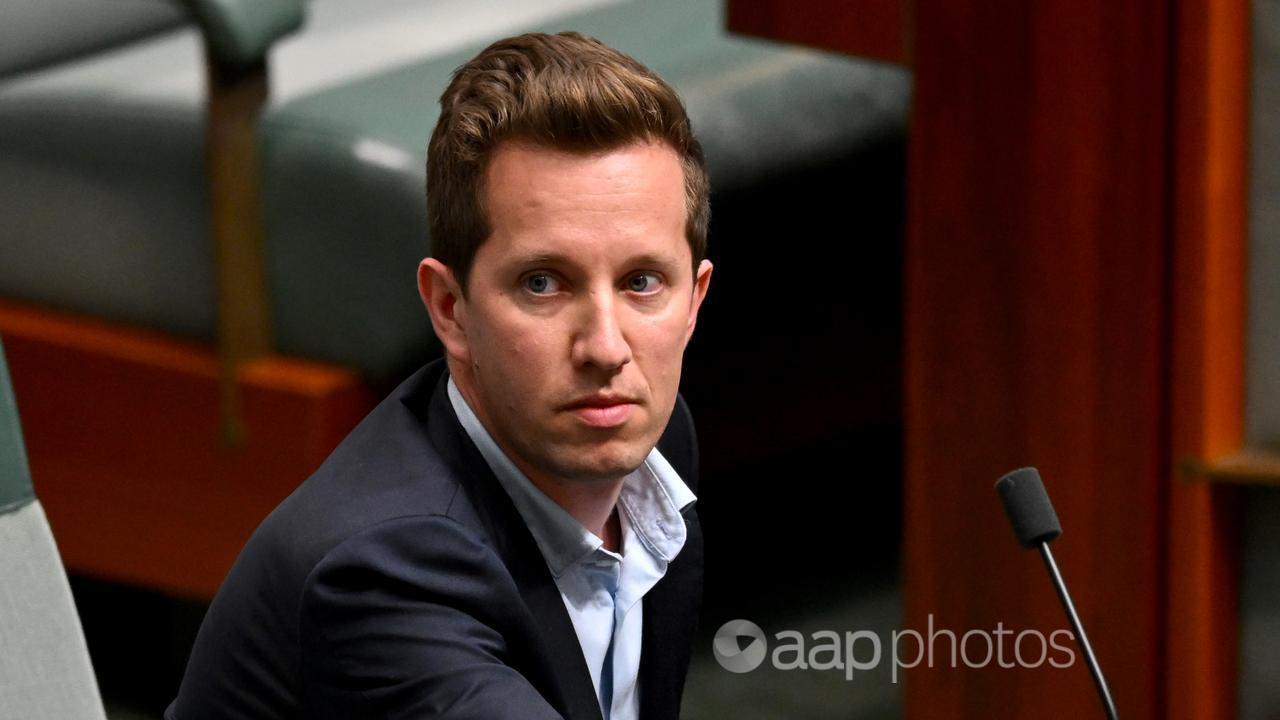The first hurdle to an early election has been cleared as the Albanese government threatens a rare double dissolution election to ram its housing laws through parliament.
For the second time, Labor was unable to pass its Help to Buy bill – which would give first-home buyers access to cheaper deposits through a government guarantee – in the Senate on Tuesday, ensuring the first trigger for a rare double dissolution election.
The Greens, who teamed up with the coalition and other crossbenchers to torpedo a motion to bring on a vote, said they wanted a further two months of negotiation to fix the current legislation.
They said it would only make the housing crisis worse as it stands.
“It just astounds me that the prime minister would rather try a stunt and have his bill fail, rather than negotiate an outcome,” Greens leader Adam Bandt told reporters.
“It would be a betrayal of the millions of renters and stressed mortgage holders who are struggling right now for the prime minister to go to an early election.”
Prime Minister Anthony Albanese said the government would give the Senate another two days to vote the legislation through unamended.
“We’ll wait and see,” he told reporters in Sydney when asked if he would reach for the nuclear option.
“The way to avoid a (double dissolution) is for the coalition and the Greens to vote for legislation that they support.”
A double dissolution occurs when there is a deadlock between the Senate and House of Representatives on a proposed law, prompting the governor-general to dissolve both chambers, paving the way for an election.
If the government fails to pass the law through the Senate in another vote in at least three months from now, the double dissolution can be invoked.
It is unlikely the government would follow through with the threat, given it would probably only make its task in the Senate harder.

The government is also facing opposition to a separate housing bill giving tax incentives for build-to-rent projects, an environment law overhaul and its Future Made in Australia bill.
The Greens are calling on the government to amend its housing bills by including a cap on rent increases, further investment in public housing and a phase-out of tax handouts for property developers.
They also want to adjust the Nature Positive legislation to at least consider the impact mining and gas projects can have on climate change.
But the minor party said the government had refused to provide any wriggle room in negotiations and MP Max Chandler-Mather said Labor would rather let a key housing bill fail than fight with the minor party.
Mr Albanese has said boosting supply levels was the best way to solve affordability issues.
It’s estimated 40,000 Australians would be able to buy their first property through the Help to Buy scheme.

But Mr Chandler-Mather, alongside some economists, said the scheme would make housing more affordable for a select few, while pushing up prices for everyone else.
“It’s desperately cruel for the government to hold this out as some sort of solution to the housing crisis,” he said.
Productivity Commission chair Danielle Wood said government focus on lifting housing supply had been welcomed, but had brought a productivity challenge.
The sector has not been good at building-in innovation and has workforce challenges, she told the ABC’s 7.30 program.
Some of that “is around competition with the state governments” that have significantly ramped up local infrastructure spend.
“Where you have local, state, federal government regulation overlapping, it can be very costly and a long process to comply with those requirements, so frankly we think governments need to move on all of those fronts,” Ms Wood said.
Coalition home ownership spokesman Andrew Bragg said the Commonwealth’s shared equity scheme gives up on the Australian dream.
“Australians need to own houses, not the government,” he told ABC radio.




















